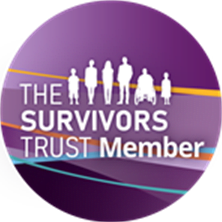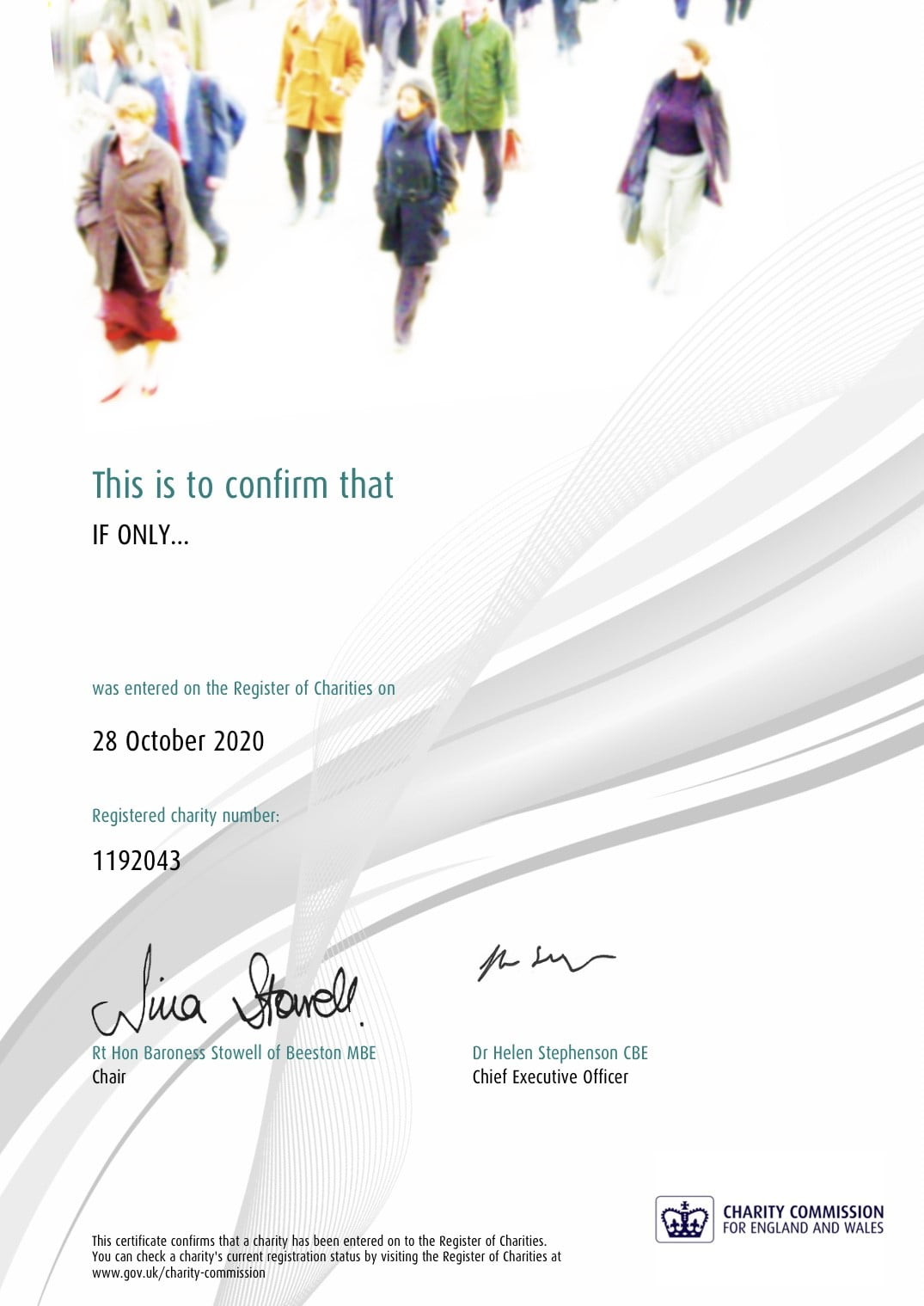“Trauma is perhaps the most avoided, ignorant, belittled, denied, misunderstood, and untreated cause of human suffering”
Peter Levine
Trauma can affect both our mind, our body, and how we think and behave so managing trauma is crucial.
Studies have shown that the effects of trauma on us both physically and emotionally can continue long after our trauma is over. Therfore if we can learn the tools to managing trauma it will help us physically and emotionally. Trauma can cause:
Trauma often impacts our lives on a daily basis, making the simple things like enjoying our leisure time a real struggle
Coping with the affects of trauma can feel impossible and exhausting, but there are things that can help…
GETTING TO KNOW OUR TRIGGERS
Certain situations, people or experiences may trigger reactions like a panic attack, dissociation or flashbacks. Certain smells, sounds, words, places or a particular film can remind us of our past trauma. Significant dates, anniversaries and particular seasons of the year such as Christmas can be extremely difficult for some of us.

CONFIDING IN OTHERS
Trauma can cause us to find opening up to others really hard, often we are unable to share what happened to us ,or we are unable to remember it clearly.
Talking to someone we feel able to trust, or to a professional such as our GP may be helpful. Please remember that we don’t have to describe the actual event that caused the trauma, however, being able to share what we are feeling in the here and now may be a relief for us. There is no right or wrong way, we are all different and we should never be forced to do anything which we find uncomfortable.
RELAXATION
There are many ways to relax such as going for a walk in nature, trying an exercise class such as pilates or yoga, reading a book, listening to music, having a relaxing bath. Focusing on our breathing can also help us to relax and doing something creative like painting, drawing, making crafts, baking, sewing or playing a musical instrument can allow us to focus on something else.
SELF CARE BOX
This is almost like a first aid kit for our mental health. It could include, pictures or photos of people/things we find comforting, a notebook and pen to write down our thoughts and feelings. A colouring book, our favourite book, some helpful quotes or sayings or words of encouragement from someone we love and trust. Something soft like a teddy or a blanket and something that smells nice like a candle or a lavender bag.
SPECIALIST SUPPORT
You may find it helpful to contact organisations that specialise in trauma , to see what they have available to support you and to help you cope.
Please see our section on Support.
PEER SUPPORT
This brings people together who have had similar experiences. (Some people may find helpful.) I am only able to speak from my own experience, and I have to say that after trying to manage alone for many years I was completely shocked by the huge benefits I have and continue to have from being able to be in contact with other survivors. I had honestly never thought of speaking about what happened to me, never mind trying to find others who had experienced a similar childhood to mine. The friendships I have made and the understanding, support and reassurance I receive on a daily basis are paramount to my continued healing and recovery.
BE KIND TO YOURSELF AND ALLOW YOURSELF TIME
Please remember there is no one cap fits all when it comes to managing trauma. Although our experiences may be similar, sometimes even the same, ultimately we are all different. There are no quick fixes and we should try not to put time limits on our healing journey. Putting pressure on ourselves will only ever hold us back.
Healing is not linear, it’s often 2 steps forward and 3 back, but remember that still means we are 1 step forward always and we are moving in the right direction.
Often people ask me
“When will I be healed?”
And my honest answer is I’m not sure that we will ever be completely healed, or what that even is. However, what I am sure of is that with understanding, support and love and the help of each other we can learn to live with our trauma and enjoy our life.









